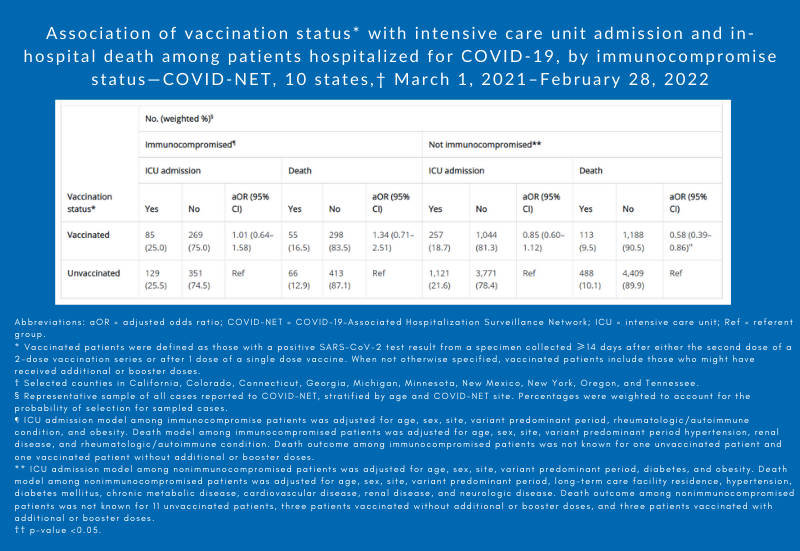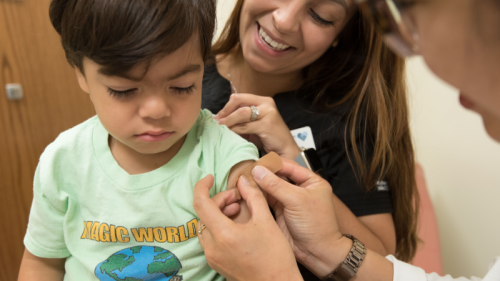
-
Understanding primary immunodeficiency (PI)

Understanding PI
The more you understand about primary immunodeficiency (PI), the better you can live with the disease or support others in your life with PI. Learn more about PI, including the various diagnoses and treatment options.
-
Living with PI
-
Addressing mental health
-
Explaining your diagnosis
- General care
- Get support
- For parents and guardians
-
Managing workplace issues
- Navigating insurance
-
Traveling safely

Living with PI
Living with primary immunodeficiency (PI) can be challenging, but you’re not alone—many people with PI lead full and active lives. With the right support and resources, you can, too.
-
Addressing mental health
-
Get involved

Get involved
Be a hero for those with PI. Change lives by promoting primary immunodeficiency (PI) awareness and taking action in your community through advocacy, donating, volunteering, or fundraising.
-
Advancing research and clinical care
-
Grants
-
IDF surveys
-
Participating in clinical trials
-
Diagnosing PI
-
Consulting immunologist
-
Clinician education

Advancing research and clinical care
Whether you’re a clinician, researcher, or an individual with primary immunodeficiency (PI), IDF has resources to help you advance the field. Get details on surveys, grants, and clinical trials.
-
Grants
A new analysis by the U.S. Centers for Disease Control and Prevention (CDC) confirms that COVID-19 has been particularly dangerous to those with compromised immune systems. The CDC estimates that 2.7% of the U.S. adult population is immunocompromised due to either primary immunodeficiency or secondary immunodeficiency. But, 12.2% of the more than 22,000 COVID-19 patients hospitalized from March 1, 2020 - February 28, 2022, included in the new analysis were immunocompromised. That’s a more than four-fold overrepresentation.
Out of the patients included in the analysis, the CDC looked at how immunocompromised status affected the odds of a hospitalized COVID-19 patient ending up in an intensive care unit (ICU) or dying in the hospital. Not only were immunocompromised individuals overrepresented in the sample to start, but they were also more likely to be admitted to the ICU and more likely to die in the hospital compared to non-immunocompromised patients. This risk difference persisted even when the two groups were controlled for demographic and clinical characteristics.
As other analyses have found, not all immunocompromising conditions conveyed the same COVID-19 risk. Those with multiple myeloma, solid organ transplant, low CD4 counts (primarily due to AIDS), and immunosuppressive therapy were at the highest risk of ICU admission or death once admitted to the hospital compared to those without these conditions (regardless of immunocompromised status). In a glimmer of good news, those with immunoglobulin deficiency were at lower risk of ICU admission or death once hospitalized compared to all others in the analysis. Patients with other primary immunodeficiencies were either represented in low numbers (i.e., complement deficiency) or were not separated into their own category (i.e., it’s possible the hematopoietic stem cell transplant category contained individuals with treated PI).
The new analysis also looked at vaccination status over the period of March 1, 2021 - February 28, 2022, in both immunocompromised and non-immunocompromised patients. Researchers found that non-immunocompromised patients hospitalized with COVID-19 who were vaccinated were less likely to be admitted to the ICU or to die in the hospital. However, for immunocompromised patients hospitalized with COVID-19, vaccination status made no difference; unvaccinated and vaccinated immunocompromised individuals were just as likely to be admitted to the ICU or to die once in the hospital. For immunocompromised patients, the value of COVID-19 vaccination seems to be primarily in preventing hospitalization in the first place.

non-immunocompromised COVID-19 patients by vaccination status.
It is important to note that the definition of “vaccinated” in this analysis was the completion of a two-shot primary series for the Moderna or Pfizer-BioNTech vaccines and one dose of the J&J/Janssen vaccine, even in the immunocompromised group. However, starting in fall 2021, the CDC has updated its vaccine recommendations for moderately to severely immunocompromised individuals several times to include additional primary and booster doses of vaccine. This analysis did not explore whether those additional vaccine doses change the risk of ICU admission or death for immunocompromised individuals admitted for COVID-19.
Overall, this study reinforces the need for multiple layers of protection against COVID-19 for people who are immunocompromised.
Related resources

Q&A: Protecting yourself against COVID, flu, and RSV

Study confirms many X-linked CGD carriers experience symptoms

Statement regarding the leadership of the U.S. Department of Health and Human Services
Sign up for updates from IDF
Receive news and helpful resources to your cell phone or inbox. You can change or cancel your subscription at any time.





The Immune Deficiency Foundation improves the diagnosis, treatment, and quality of life for every person affected by primary immunodeficiency.
We foster a community that is connected, engaged, and empowered through advocacy, education, and research.
Combined Charity Campaign | CFC# 66309

